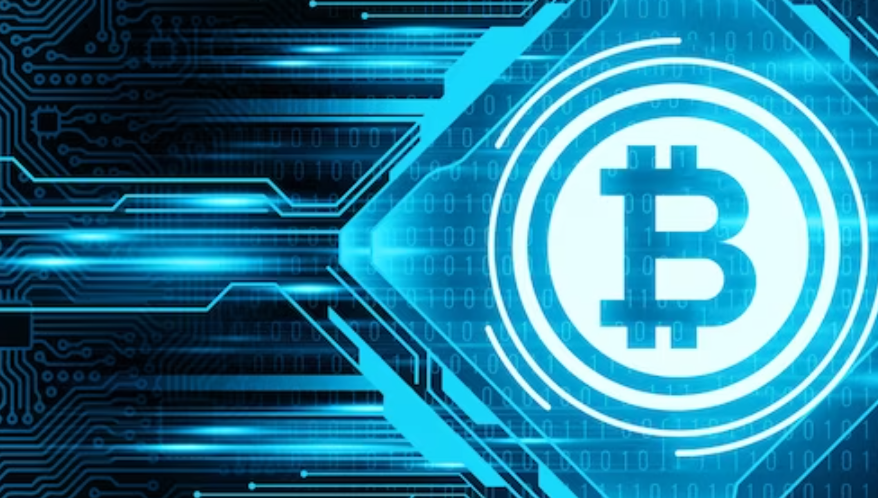$ETH $BTC #DigitalIdentity #Blockchain #Inclusion #Fintech #TechForGood #Decentralization #CryptoInnovation #IdentityNews #FutureOfFinance #SocialImpact
How Can Identity Systems Benefit the Disconnected? Discover the Impact!
In today’s rapidly evolving landscape of identity news, it is crucial to recognize that digital identity systems currently exclude approximately 2.7 billion individuals who lack access to smartphones. This digital divide is not merely a technological issue; it represents a significant barrier to economic participation, social inclusion, and personal empowerment in a world increasingly driven by technology.
The inability to access digital identity solutions leaves millions vulnerable and isolated. As the importance of digital identity continues to grow, so does the urgency to develop alternative solutions that can cater to the disconnected. One promising avenue lies in the exploration of offline attestations and peer-signed credentials. These methods can provide a framework for recognizing and validating identities without the reliance on smartphones or internet access.
Understanding the Challenges
The challenges posed by the lack of digital identity access extend beyond mere inconvenience. Individuals without a verifiable identity face hurdles in accessing essential services such as banking, healthcare, and education. The implications of this exclusion are profound; without a recognized identity, individuals cannot participate fully in society, leading to further marginalization and economic disenfranchisement.
Moreover, the traditional systems designed to authenticate identities are often inefficient and fraught with barriers that disproportionately affect the most vulnerable populations. This highlights the need for innovative solutions that not only bridge the digital divide but also empower individuals to take control of their identities.
Innovative Solutions: Offline Attestations and Peer-Signed Credentials
To address these challenges effectively, we must consider alternative identity verification methods, such as offline attestations and peer-signed credentials. These solutions can harness blockchain technology to create secure, tamper-proof identity records that do not require constant internet access. For instance, community-driven initiatives can allow individuals to verify each other’s identities through trusted relationships, fostering a sense of community and mutual support.
This decentralized approach not only enhances security but also ensures that individuals have more control over their personal data. By leveraging technology in innovative ways, we can create an inclusive ecosystem that empowers the disconnected to participate fully in the digital economy.
The Role of Financial Institutions and Technological Innovations
Financial institutions play a pivotal role in this transition. By adopting and promoting alternative identity verification solutions, banks and fintech companies can extend their services to underserved populations. This can lead to increased financial inclusion, allowing individuals to access banking services, credit, and insurance—essential components for economic growth.
Furthermore, as the cryptocurrency sector continues to expand, it presents unique opportunities for identity solutions. The decentralized nature of blockchain technology offers a platform for creating self-sovereign identities. This means that individuals can own and manage their identity data, granting access only when necessary, thereby enhancing privacy and security.
Conclusion: A Call to Action
The challenge of ensuring that identity systems work for the disconnected is not insurmountable. It requires a concerted effort from policymakers, technology developers, and financial institutions to prioritize inclusion and innovation. By exploring alternative identity verification methods, we can create a more equitable society where everyone has the opportunity to thrive.
As we look to the future, the integration of offline attestations and peer-signed credentials into our identity systems could be a game-changer. By embracing these innovative solutions, we can forge a path toward a more inclusive digital landscape. For more on the intersection of technology and finance, explore our relevant articles and stay informed about the latest developments in the crypto space, including identity solutions. Additionally, consider platforms such as Binance for your cryptocurrency needs: explore Binance for more information.







Comments are closed.